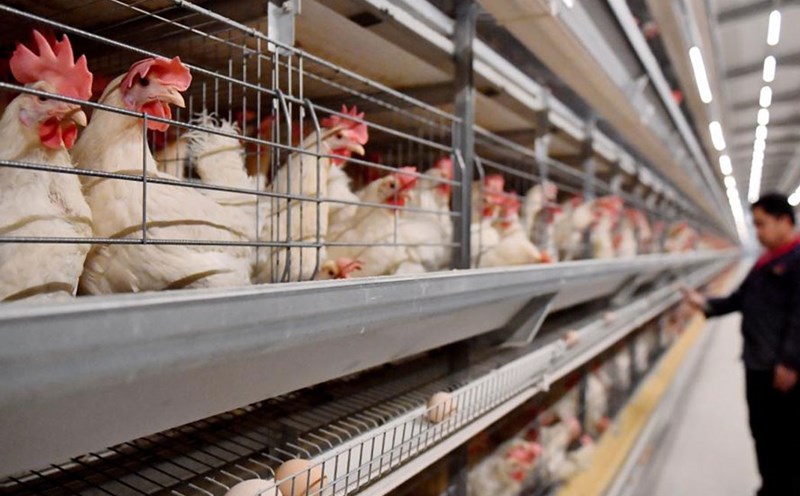According to the Ministry of Health, Labor and Welfare of Japan, in the last week of December 2024, the country recorded about 317,812 cases of influenza at more than 5,000 designated medical facilities, equivalent to an average of 64,39 patients per facility. This number doubled the warning threshold of 30 cases.
The main reason for this surge is believed to be due to travel much during the year-end festival and the weakening of the community's immune system after many years of limited contact due to the COVID-19 pandemic.
The lack of natural exposure to the flu virus for a long time has left many people unable to be immune, creating conditions for the virus to spread rapidly.
The overload at medical facilities has become even more serious due to the scarcity of critical antiviral drugs, including collagen. Many large pharmaceutical companies have struggled to meet the sudden increase in demand, forcing some suppliers to temporarily suspend distribution, which is expected to only be resumpted at the end of January or the end of February.
Not only affecting human health, the flu also negatively affects the agricultural sector. Japan is witnessing a strong outbreak of avian influenza, forcing the country to destroy more than 5 million poultry in January alone to control outbreaks in key livestock production areas.
A recent event that has shocked public opinion is the departure of famous Taiwanese actress Tu Hy Vien, 48 years old, who was on vacation in Japan. She is widely known for her role in the movie “Vuon Sao Bang”.
Tu Vien got pneumonia due to complications from the flu and passed away on February 2. This case has raised concerns about the unpredictable level of danger of complications related to influenza, especially for people with underlying diseases.
Faced with the tense pandemic, Japanese health officials continue to call on people to get vaccinated against the flu to minimize the risk of the disease and severe complications. Tourists coming to Japan are also advised to take precautions such as wearing masks and closely monitor their health condition to limit the risk of infection.











